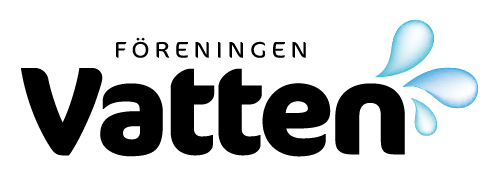Diklofenak spårat i många svenska vatten – nu behövs det åtgärder på flera nivåer
Data compiled by Svenskt Vatten show that in recent years, the levels of diclofenac measured in Swedish lakes, streams and coastlines have exceeded the limits for good ecological status in 18 locations. There is a risk that the limit will be exceeded in an additional 109 Swedish water bodies. Thus, the prevalence of diclofenac is […]
Effects of population growth and water scarcity in the MENA countries
Water shortage is a problem in the Middle East and Northern Africa (MENA). The population growth is estimated to be high. Given the hydrological situation and the estimated huge population growth, people will try to escape from poverty and conflicts. To counteract these effects, resources must be allocated to implement more efficient use of the […]
Tidig utveckling av en kvalificerad vattenvård i Sverige, vid sötvattenslaboratoriet på Lovön
When did the concerned water environment protection started in Sweden? The question is of course not easily responded. In this essay an important cornerstone is chosen: The year 1930. The chosen time contains two important invents in the Swedish water protection history: The City of Stockholm decides the location and construction of the main wastewater […]
The local water laboratory – an asset, or something to dispose? / Det lokala vattenlaboratoriet – en tillgång, eller värt att avveckla?
The modern use of water for various needs result in a complex polluted wastewater. The needs to purify the used water will by time deepen into more demanding questions. The needs for an efficient and on-site control will thus become more and more pronounced. This paper focuses on the importance to have an efficient laboratory […]
Renat avloppsvatten som råvattenkälla / Wastewater reclamation for potable use
Ground water shortage is an increasing problem, and for communities where the raw water consist of ground water, droughts can cause severe problems. One approach to solve the decreased groundwater resources is to utilize the potential in the sewage water. One village which has faced problems in the drinking water production in the past years […]
Teologi och hydrolog – en essä om människans förhållande till vatten i forntiden / Theology and hydrology – an essay on the human relation to water in ancient times
The paper presents a short overview on what historical documents and archeological findings tell us on how humanity has regarded and used water during the period 5000 – 500 BC. The most important conclusions are that water and water use to a large extent has defined societal development and controlled but with time also been […]
Utredning kring val av varaktighet vid skyfallskarteringar / Investigation of the choice of rain duration’s impact on urban flood mapping
Utredning kring val av varaktighet vid skyfallskarteringar / Investigation of the choice of rain duration’s impact on urban flood mapping As a result of intensive cloudbursts, runoff creates pluvial flooding. The risk for more extensive flooding increases in urban areas where a majority of the land use consists of impervious areas. At the same time, […]
